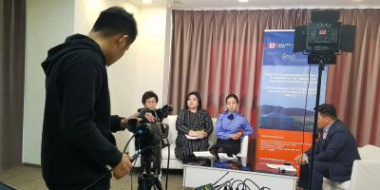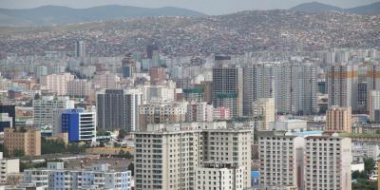Evaluation of the project "Strengthening Enforcement of Court Decisions in Mongolia - Phase I and II"
As part of IDLO’s continuous commitment to accountability and results-based management, IDLO is pleased to share this Evaluation Brief (summarised evaluation report): “Strengthening Enforcement of Court Decisions in Mongolia - Phase I and II”. The evaluation has been conducted by independent evaluation experts, supervised by IDLO’s Evaluation Unit.











